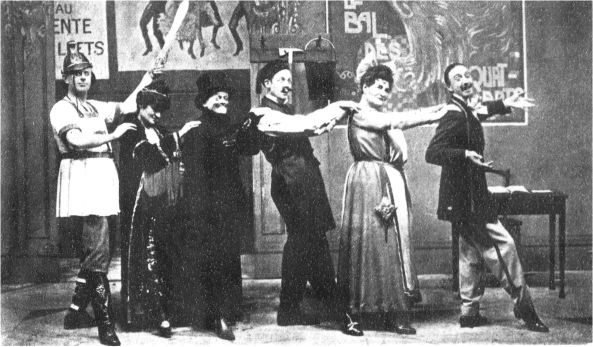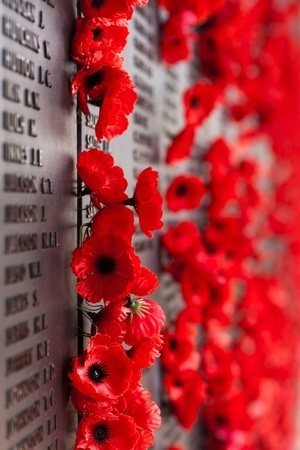Listen to the Voices of War’s Forgotten Women
War Widows’ Stories captures the lives of war’s forgotten women past and present through oral history, participatory arts, public events, and archival research. The British public commonly imagine war widows to be elderly women who lost their husbands as a result of active combat in the Second World War, surrounded and supported by family, friends, the armed forces, and the state. While this applies to some women, it by no means describes the majority of Britain’s 18,950 war widows.
Read More »




